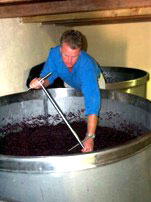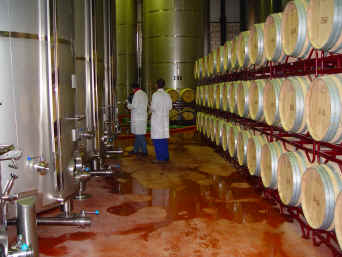Organic wines, until February 2012 did not officially exist in the European Union. It was only “wine made from organically grown grapes”. The rules did not cover wine-making, just organic cultivation techniques. EU regulations on organic farming ban chemical fertilisers, synthetic pesticides and genetically modified organisms. Rules and regulations evolve around The World, we will however do our best to keep things up to date.
Organic wines production.
Organic wine production is based on nourishing the soil to maintain its natural characteristics. It is this that produces better grapes and so better tasting wines. Organic wine producers say using fertilisers, pesticides, and fungicides has stripped the land of its natural minerals and weakened the soil: poor soil means poorer grapes. Working the soil to improve it means that organic wine production is more expensive compared to when chemicals are added. Unlike fruit and vegetables, there is no extra mark-up on organic wine to pay for it. With no price advantage, organic and bio-dynamic vineyards are aiming for quality wines to win sales. We feel sure that you will taste and feel the benefit.
Organic wines can still suffer from chemicals such as sulphites and other additives being added in the wine-making process. Some of these chemicals have health issues and can affect asthmatics and others. Some additives are derived from animal products so will not satisfy stricter vegetarian and vegan diets.
Festival Wines aims to sell organic wines and identify separately those that are bio-dynamic; low sulphur and those wines suitable for vegetarians and vegans.
-

Prosecco Spumante Brut, Pizzolato
£14.99 Add to cart -
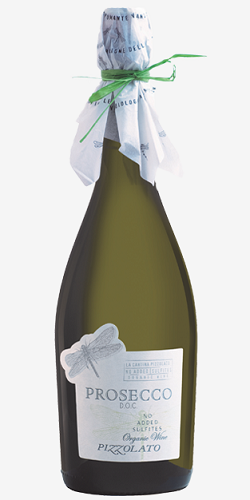
Prosecco Spumante Senza Solfiti, Pizzolato
£17.99 Add to cart -
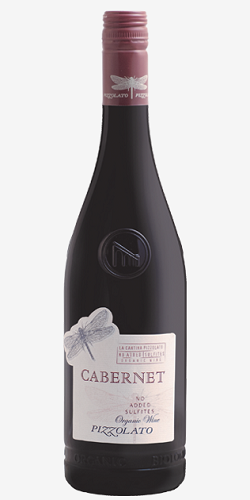
Cabernet Sauvignon Senza Solfiti, Pizzolato
£13.99 Add to cart -
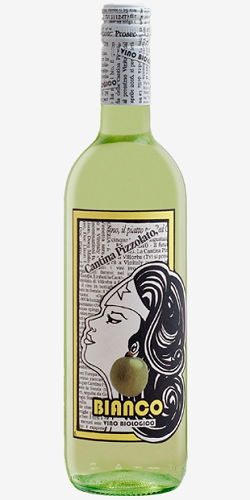
H-Hero Bianco Pizzolato
£11.99 Add to cart -
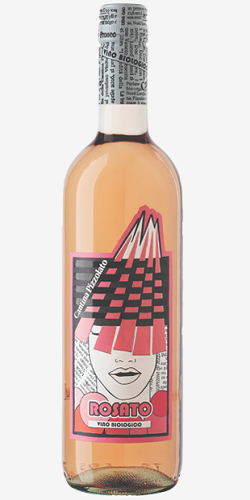
H-Hero Rose Pizzolato
£11.79 Add to cart -
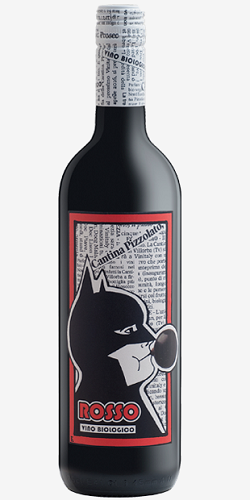
H-Hero Rosso Pizzolato
£12.39 Add to cart
Bio-dynamic wines; Low sulphur wines; Vegetarian wines; Vegan wines.



